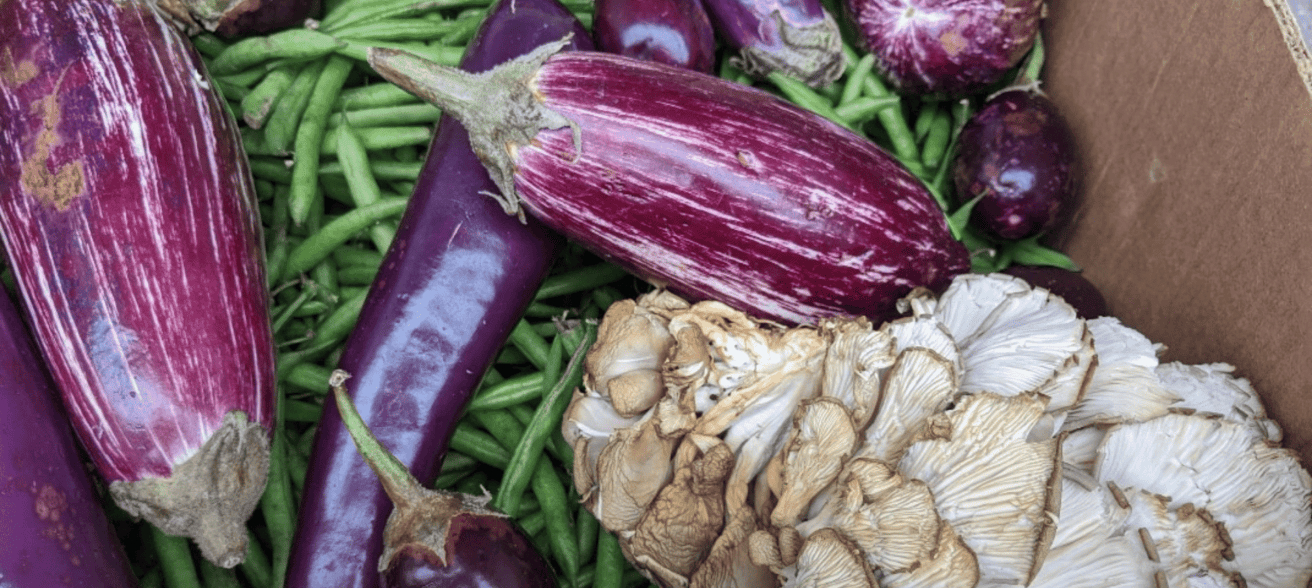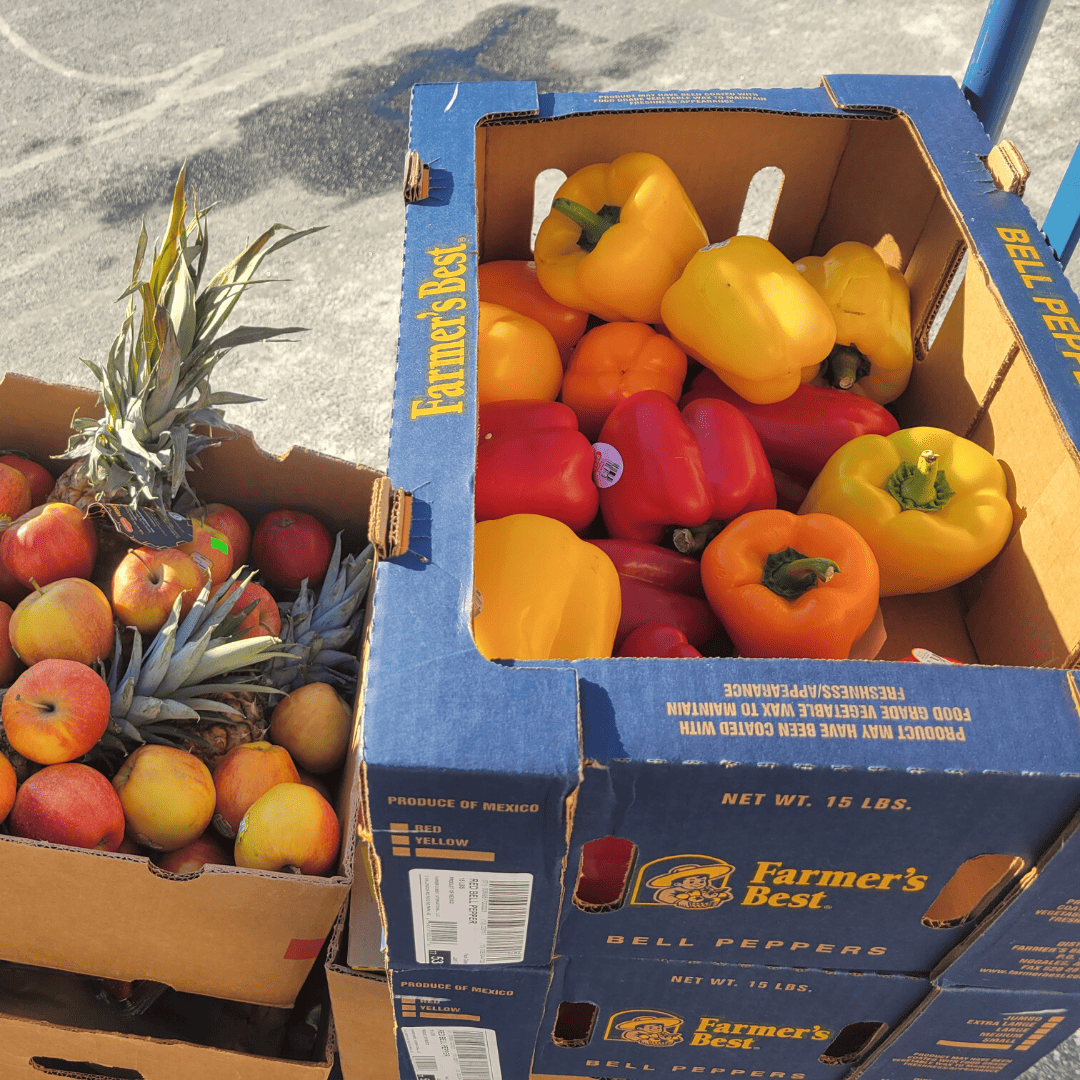We're Lovin': Granada House

Residential treatment program, Granada House working with people toward long-term recovery from substance abuse. It’s one of 160+ nonprofit partners across Massachusetts that receive Lovin’ Spoonfuls’ deliveries including fruits and veggies, dairy, lean protein, and – Granada House-favorite! – baked goods (because who doesn’t love the occasional comforting loaf of bread or sweet treat just because?) We caught up with Assistant Program Director, Mary-Kate Jurek, to learn more about the important work they do and how access to healthy food supports those in recovery.

We’re a 22-bed, MassHealth-funded nonprofit co-ed residential program in lower Allston for people tackling substance abuse. Clients stay with us for up to six months while attending daily psychoeducational in-house groups, participating in an outside recovery fellowship of their choosing (AA, NA, Refuge Recovery, Smart Recovery, etc.), working a full-time u0022get wellu0022 job, and meeting weekly with our in-house licensed drug and alcohol counselors. Our hope is that clients will build a strong enough foundation while in the house that they’ll be ready to move on to the u0022next stepu0022 of life while maintaining their sobriety, such as moving on to our grad house, a local sober house, or even their own apartment.
I studied nutrition before working in recovery and “food is medicine” is huge for me. Some of our clients come in and don’t know what all the vegetables are or how to cook them because they haven’t had the experience. We’ll work with them to build those skills so that they’re able to make healthy meals for themselves.
Many clients will get into meal prep and learn how to budget food stamps. They feel in their bodies the difference between eating McDonald’s versus a salad with chicken that they made themselves. When they’re experiencing sobriety and eating healthy food, they begin to feel better and that drives them to wonder how else they can feel better.
Whenever I happen to leave my recovery bubble, I’m still surprised that there are those who haven’t accepted that addiction is a disease(recognized by the Diagnostic and Statistical Manual of Mental Disorders (DSM-5). As someone who was in active addiction for over 15 years, I can tell you that no one is consciously choosing to go through that literal hell. I have to treat my addiction every single day (for me that means working a 12-step program), just as any other chronic disease must be properly managed in order to stay in remission.
To learn more about Spoonfuls’ other nonprofit beneficiaries, check out our nonprofit partners page.